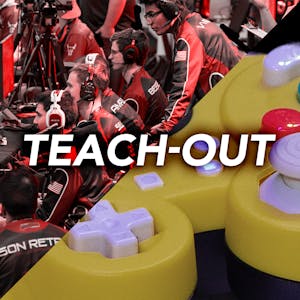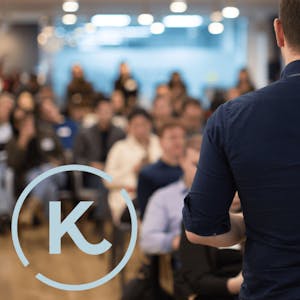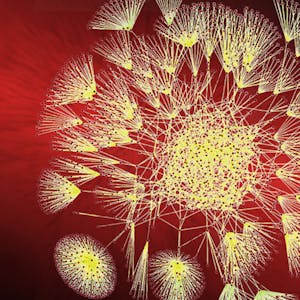Esports: Leveling Up Teach-Out
About this Course
Explore the growing competitive gaming phenomenon that has changed the lives of millions of gamers and non-gamers alike while challenging the concept of a sport. In this Teach-Out. you\'ll join a conversation about the history of esports as well as gain an understanding of who participates in esports, how esports teams are formed, and how competitive gameplay works. Hearing directly from competitive players, leaders of collegiate esports programs, and industry insiders, you\'ll explore the societal impact of esports and look ahead to the future of the industry. This Teach-Out will answer: - How has competitive gaming evolved into the current esports phenomenon, and who are the key players involved? - What does it take to form a successful esports team and prepare for professional-level gameplay? - In what ways does esports influence societal trends, and what are the challenges and opportunities for inclusivity in gaming? - What can we expect for the future of esports in terms of technology, audience engagement, and industry growth?Created by: University of Michigan

Related Online Courses
If you do not yet code and want to learn, this Specialization has a goal to soften the learning curve for Python. It has four main objectives:\\n\\nTo inspire you to code To help you think in code... more
Today we expect leaders at all levels of an organization to deliver results under conditions of increasing change, uncertainty, and complexity. However, many feel unprepared and ill-equipped to... more
Welcome to Sustainable Cities Case Studies, the third and final course in the Building Sustainable Cities Specialization. This course is intended to build upon foundational concepts and ideas... more
This is a self-paced lab that takes place in the Google Cloud console. In this lab, you will extend the single node EOSIO blockchain to use multiple nodes. You will install various EOSIO software... more
Want to understand your data network structure and how it changes under different conditions? Curious to know how to identify closely interacting clusters within a graph? Have you heard of the... more








